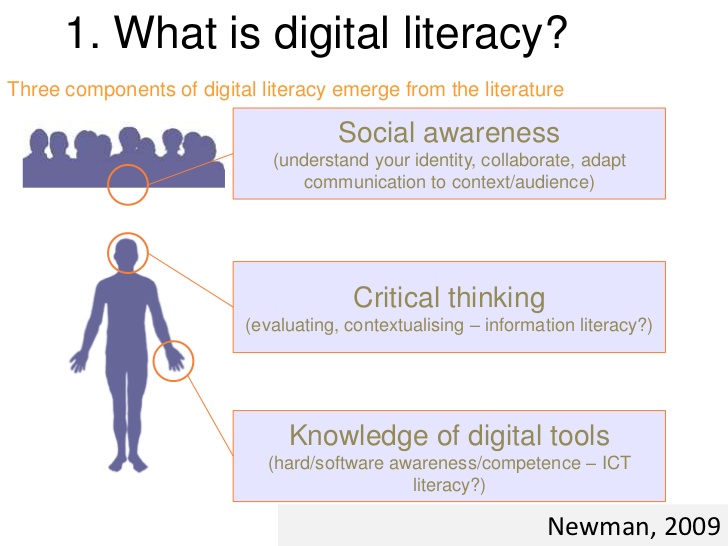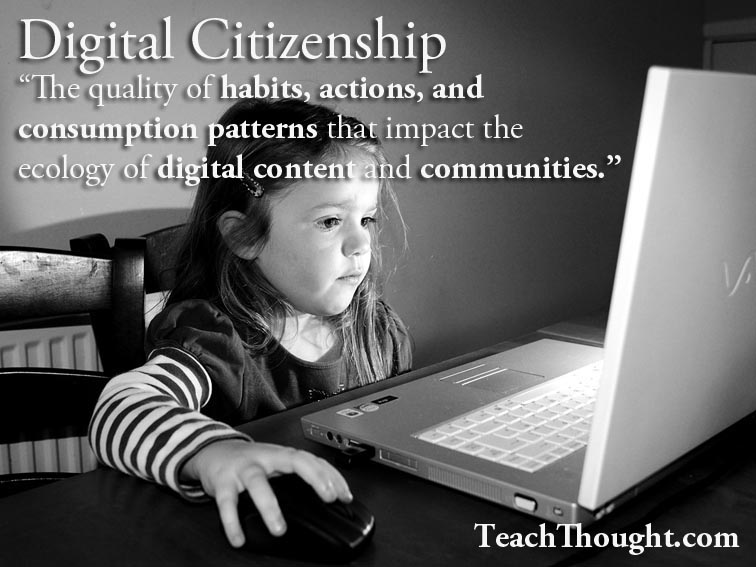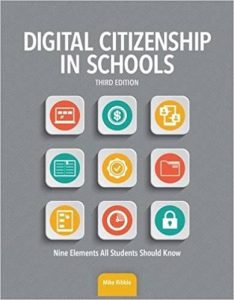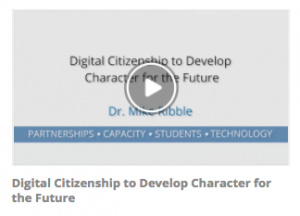Digitial Citizenship in Schools
This is maybe my official “first post” but has not been the start of my ETEC 580 journey, which started months before. I was asked help out with the digital citizenship initiative with RVS. During my initial meeting with “V.R.” (Technology Learning Specialist..not virtual reality), we tried to distinguish the difference between digital literacy and digital citizenship, as these terms are often used simultaneously. We were perplexed that we could not give a definitive definition for either or, so we decided that would be a great place to start.

Digital Literacy is the process in which we teach our students to use digital tools
Teach students to evaluate and question their sources. Students need to know the difference between a trustworthy and untrustworthy source.
- Is their source an academic website or a marketing company?
- When was the source last updated?
- How many other sites link to this source as a reference?
- Is the information presented in objective or biased language?
Teach students how to draw a strong conclusion. Sure, students might find the right answer to a problem, but what use is that search if they’ve only memorized the logic to get them there? It’s up to teachers to teach that logic and to contextualize the answer.
Push students to new levels of creativity. Once students have a deeper understanding of the answers they’ve found, push for creative application of that knowledge. This could be anything from challenging students to pose related questions to having students use other digital platforms to create something new. Examples include:
- Film a science experiment based on the answer they’ve found.
- Record a history podcast that tells the story of how their answer came to be.
- Write an investigative journalism piece on that same topic.
7 Reasons Why Digital Literacy is Important for Teachers. (2016). Rossieronline.usc.edu. Retrieved from https://rossieronline.usc.edu/blog/teacher-digital-literacy/

Dr. Mike Ribble’s is the author of Digital Citizenship in Schools: Nine Elements All Students Should Know (3rd ed)
Dr. Ribble provides a framework for asking what we should be doing with respect to technology so we can become productive and responsible users of digital technologies. He gives details of the nine elements of digital citizenship and how to incorporate them into the classroom.
I am fortunate to have Dr. Alec Couros as my supervisor for my self-direct project. I recently had a video conference (via Zoom) to discuss the direction of my project and ways he can support me.
Here are some follow-up tasks or questions to explore:
- What are the end goal (exit strategies) for students at RVS? What are our their end goals?
- Since Digital Citizenship is not possible without Digital Literacy, what would Dr. Ribble’s nine elements of digital citizenship look like under the umbrella of Digital Literacy? Watch Dr. Ribble’s video (above)

3.Review Digital Citizenship Education in Saskatchewan Schools document and specifically look at the digital citizenship continuum?


